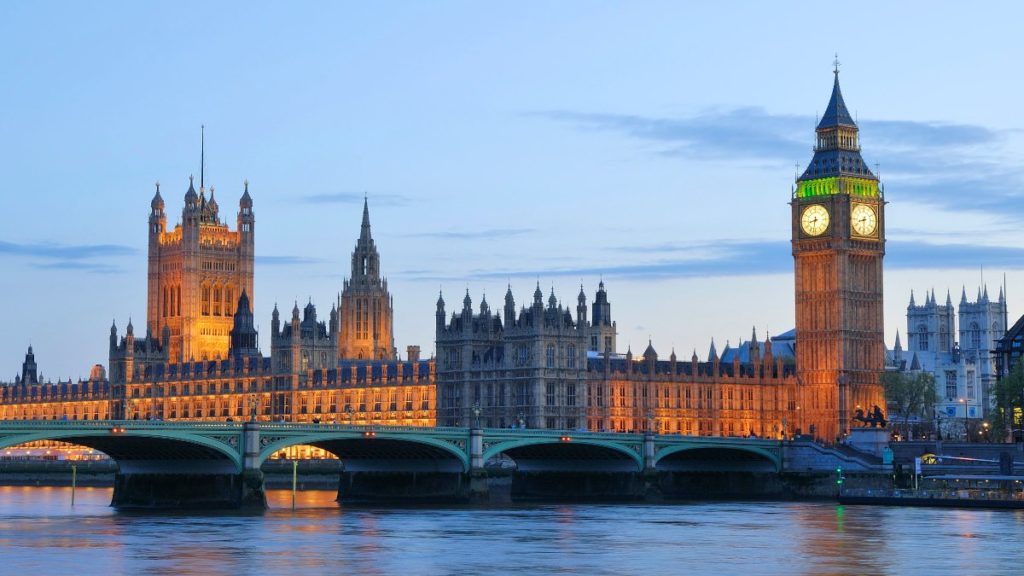The surge in the hateful extremist activity during the COVID-19 has alarmed the British government and forced it to review the efficacy of the existing laws and plug the gaps, which have been exploited by the extremist and terror groups.
The UK's Commission for Countering Extremism (CCE), in a recently released report, says the extremist and terrorist groups have integrated the pandemic into their narratives and propaganda to further fuel the racist, anti-Semitic, Islamophobic and anti-immigrant hate speech.
Sara Khan, British human rights activist and Lead Commissioner of CCE, says: "The pandemic has not discouraged extremists from propagating their hateful ideologies. On the contrary, they have, as is always the case in a crisis, fully exploited the lockdown to promote dangerous conspiracy theories and disinformation, most notably online. They seek to mainstream extremist narratives in society, for the sole purpose of inciting hatred, violence, public disorder and a breakdown in community cohesion. We have already seen how extremists discussed the 5G conspiracy theory on fringe social media platforms such as Telegram. In April 50 5G masts were targeted for arson and vandalism in the UK."
In the report, Khan says, they have drawn attention to a variety of conspiracy theories that have been spread by groups from the Far Right to the Far Left and Islamists.
Khan says they have received reports of British Far Right activists and Neo-Nazi groups promoting anti-minority narratives by encouraging users to deliberately infect groups, including Jewish communities and of Islamists propagating anti-democratic and anti-Western narratives, claiming that COVID-19 is divine punishment on the West for their alleged ‘degeneracy’.
Islamists have also claimed that COVID-19 is punishment on China for their treatment of Uighur Muslims.
Other conspiracy theories suggest the virus is part of a Jewish plot or that 5G is to blame. The latter has led to attacks on 5G masts and telecoms engineers.
She says these same narratives reoccur across a wide range of different ideologies.
Fake news about minority communities has circulated on social media in an attempt to whip up hatred. These include false claims that mosques have remained open during the lockdown.
"Evidence has also shown that ‘Far-Right politicians and news agencies [...]capitalis[ed] on the virus to push forward their anti-immigrant and populist message’."
Quoting a study, the CCE reports says during the pandemic, over 90% of social media posts containing misinformation were not taken down by social media companies when flagged by volunteers. Another study found hundreds of thousands of Far-Right posts around COVID-19 and millions of engagements with known disinformation sites.
Khan, who says the government needs to be on the front foot to counter the activity of hateful extremists, has appointed the former head of UK counter-terror policing, Sir Mark Rowley, to review the effectiveness of current legislation and “identify the gaps that exist at the boundaries of current laws, such as hate crime and terrorism, which are being exploited daily by extremists”.
Sir Mark says although Britain has strong counterterrorism systems, resources and laws in place, it's less experienced and ready to address the growing threats from hateful extremists.
Khan says attempts to tackle persistent offenders had been “inconsistent and often ineffective” and called for an overhaul of the government’s strategy.
The CCE has proposed a new definition of “hateful extremism”, which can “make the moral case for violence” even if it is not directly called for in a way that violates terror laws.
It has recommended that hateful extremism must come within the remit of the new online harms regulator and that existing laws on inciting hatred are enforced online.
The report suggested a new counter-extremism strategy to include an assessment of how extremism manifests locally, the harm it causes, the scale of support for extremist narratives and how best to pre-empt extremist activity. This should also include assessing who is most susceptible to extremist narratives, in order to deliver vital interventions to engage and support these people.
The report further suggests that the government should work closely with local authorities to understand and develop bespoke support and interventions to pre-empt and deal with the extremist activity.
For this, the government should develop plans to work with researchers and practitioners to build a better understanding of ‘what works’ in relation to counter extremism online and offline.
The CCE was established in March 2018 after the London Bridge terrorist attacks in 2017.
Asif Ullah Khan


